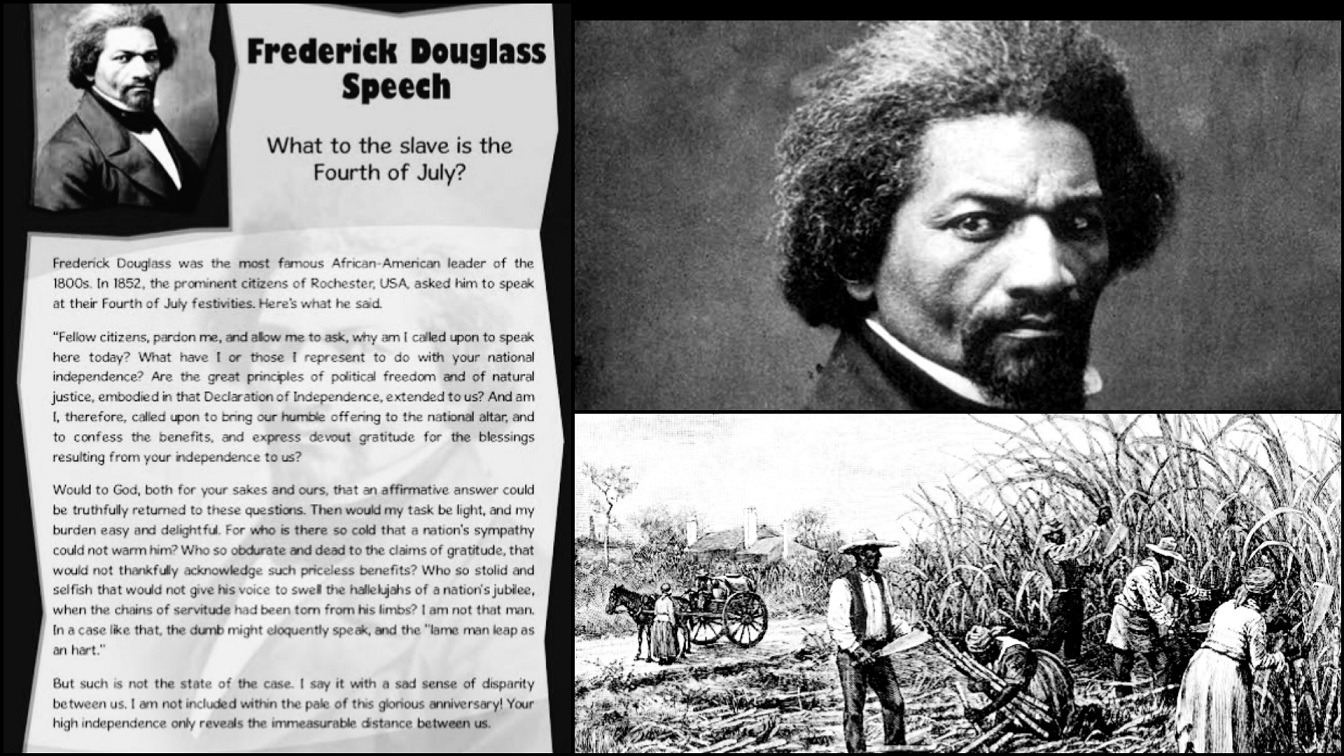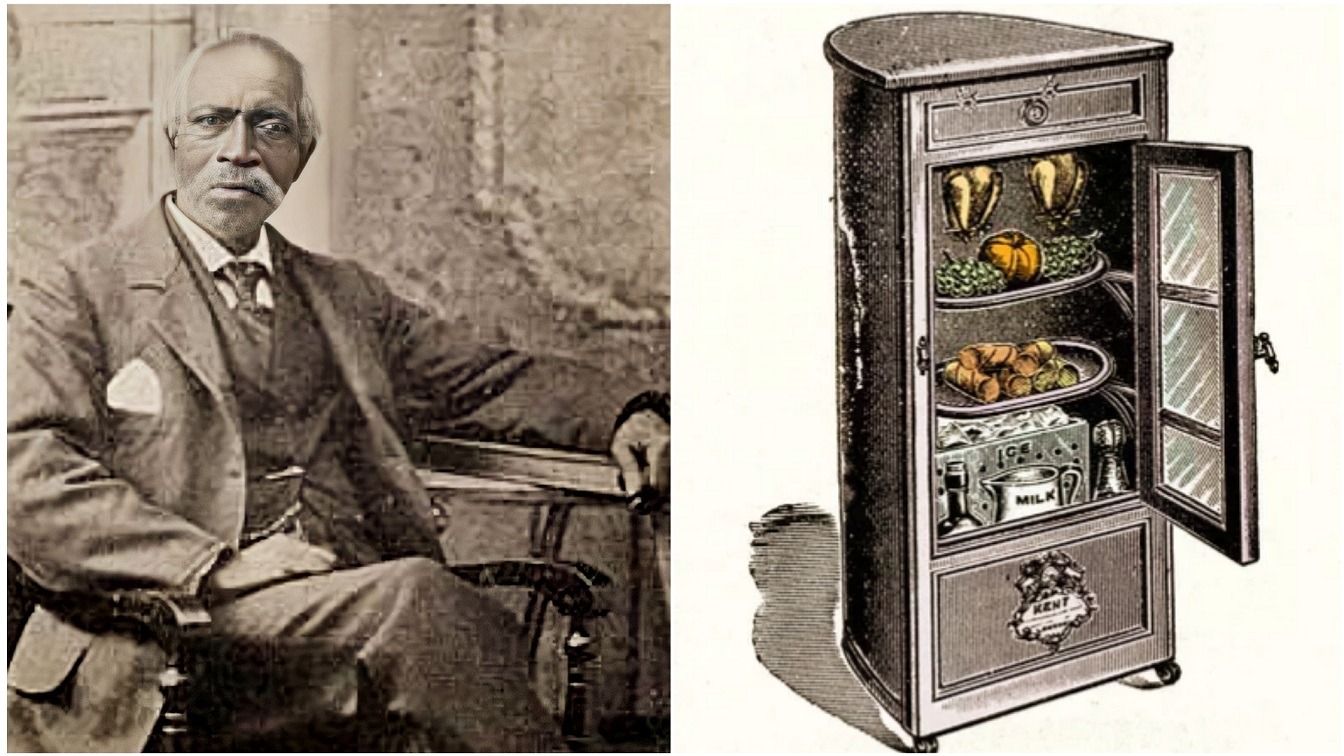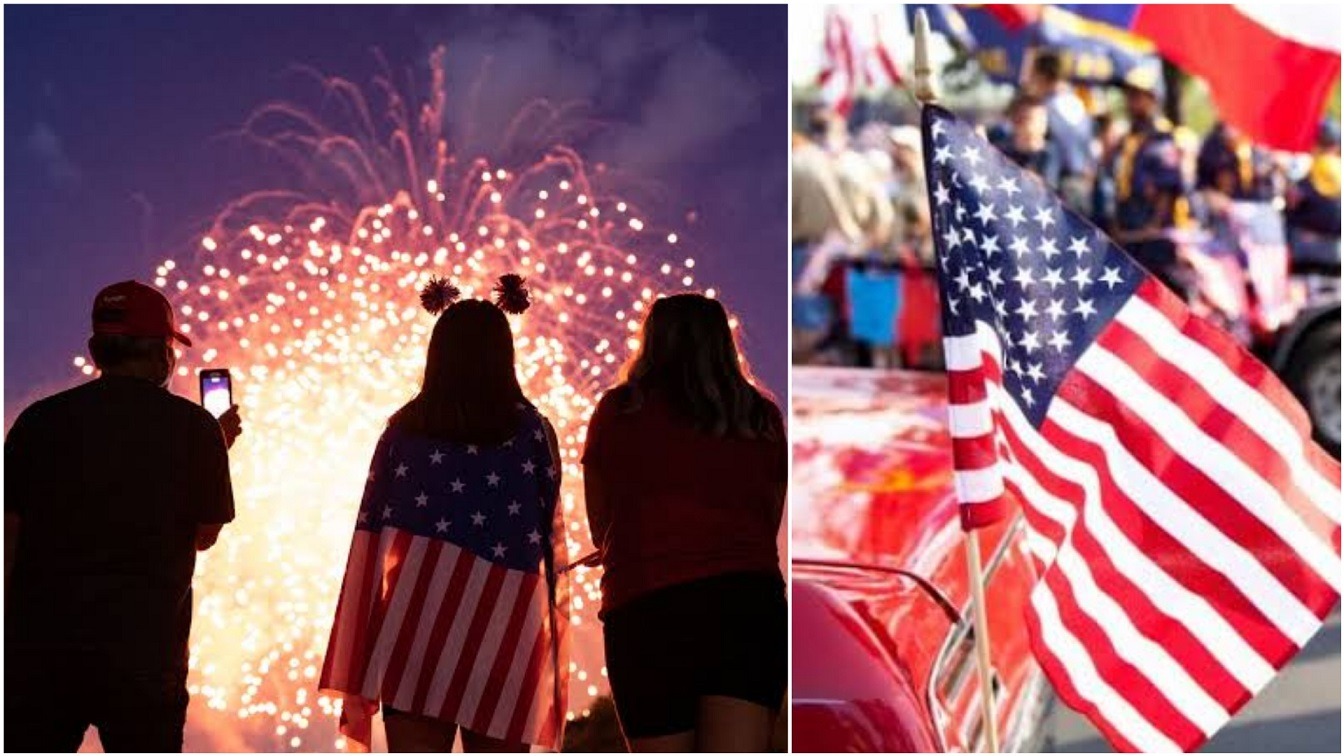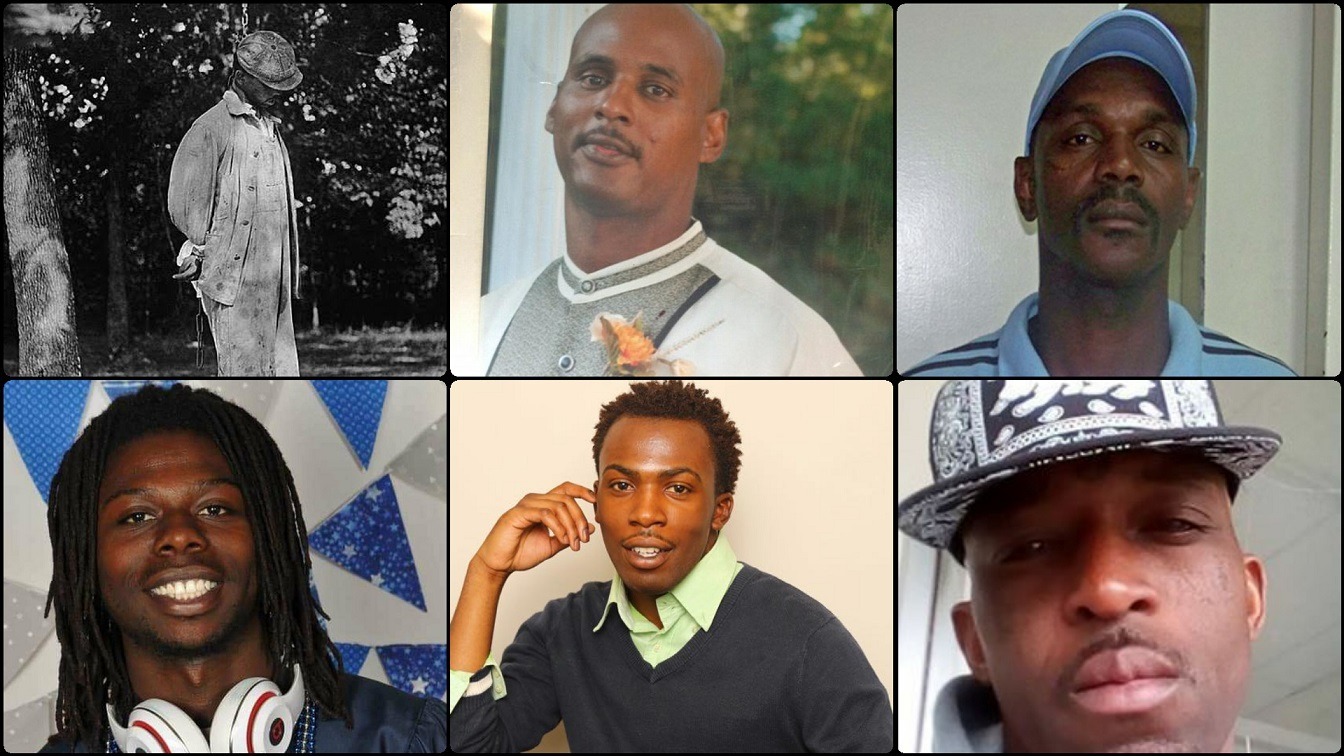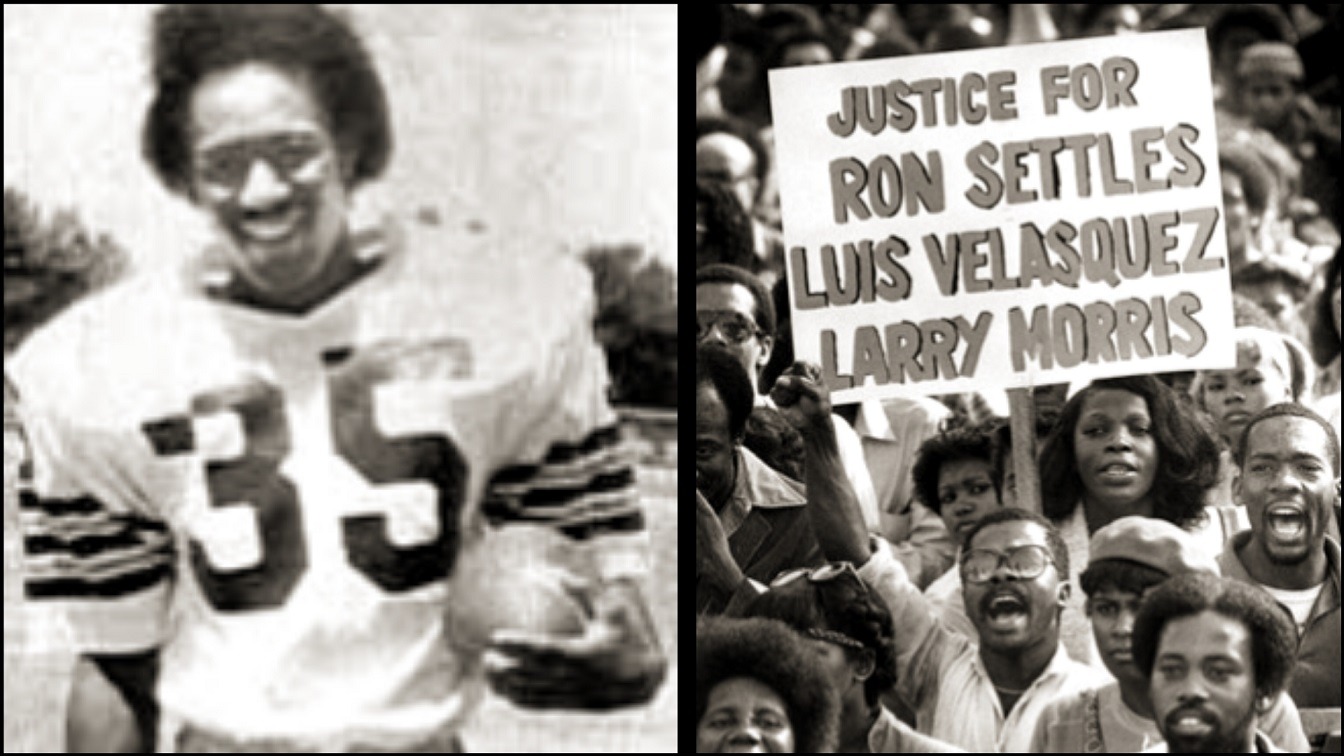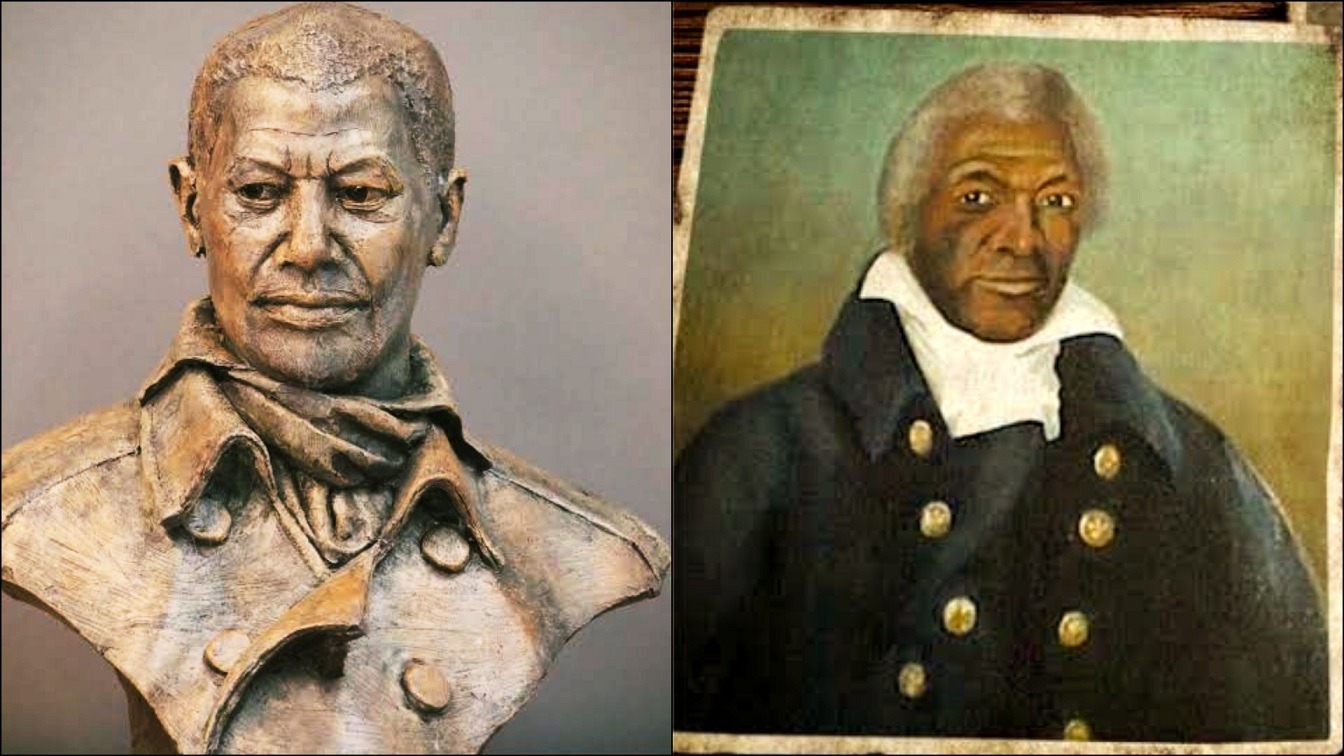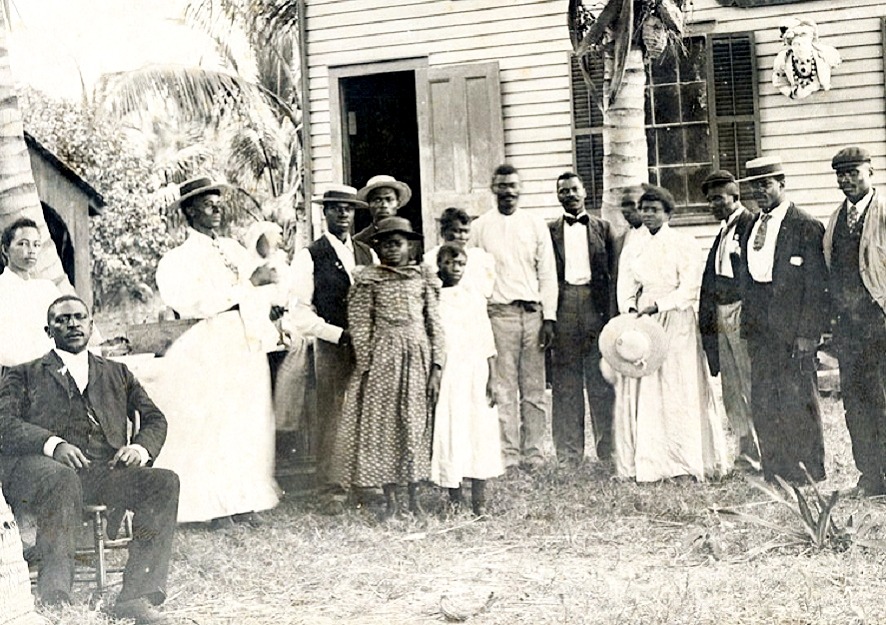The speech with the title, “What to the slave is the fourth of July?” delivered in 1852 by Frederick Douglas has become noteworthy in recent times due to the significance of the speech in projecting the plight of the African Americans during the slavery days of America. Hence, the historical significance of the speech cannot be disputed.
Frederick Douglas – The Man
Frederick Douglass, born Frederick Augustus Washington Bailey was raised in Talbot County, Maryland, United States. Douglass grew to become an American social reformer, abolitionist, orator, writer, and statesman. After escaping from slavery in Maryland, he became a national leader of the abolitionist movement in Massachusetts and New York. Douglass became famous for his skill in oratory and incisive writings against slavery.
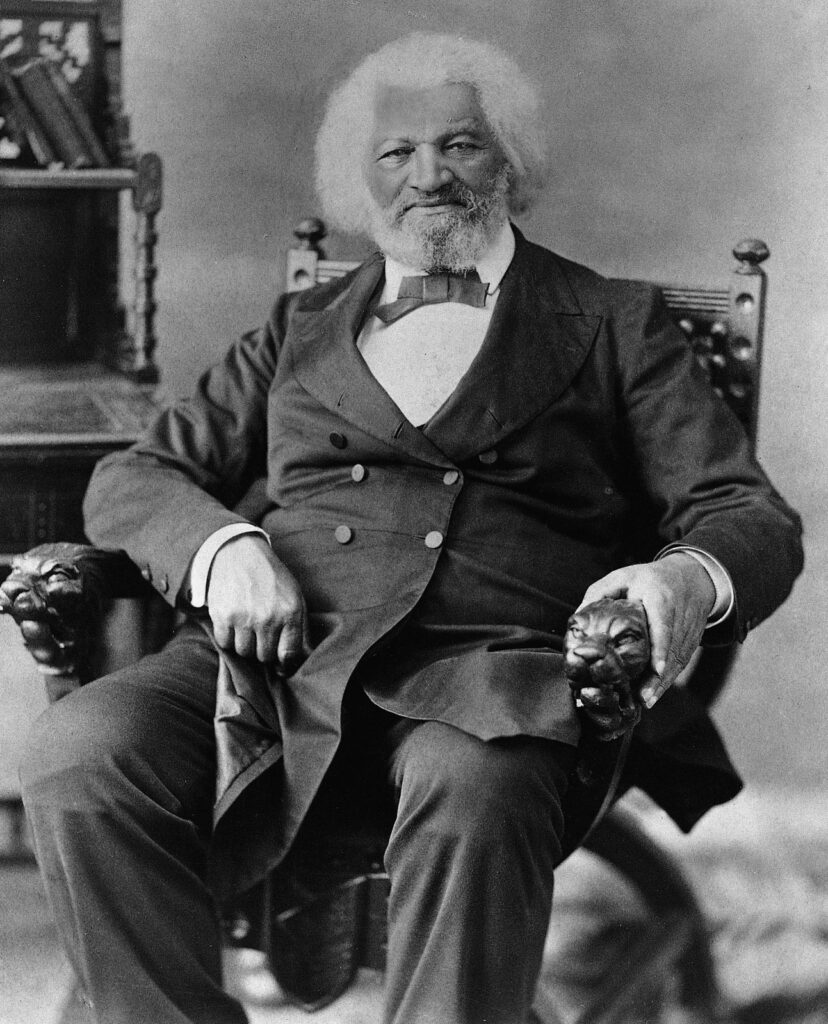
The Speech
The speech regarded as the most poignant of all Frederick’s speeches is the one he gave on July 5, 1852. This speech was delivered at an event commemorating the signing of the Declaration of Independence, held at Corinthian Hall in Rochester, New York.
It was a scathing speech and the speech is now titled “What to the slave is the fourth of July?”, a question he asked in the course of delivering the speech.
As rhetorical as the question which now passes for the title of the speech appears, it questioned the extent to which the ideals of life, liberty, and the pursuit of happiness” as was the mantra of the independence applied to the African Americans who were the products of the trans-Atlantic slave trade considering the level of segregation, inequality, and injustice meted on them.
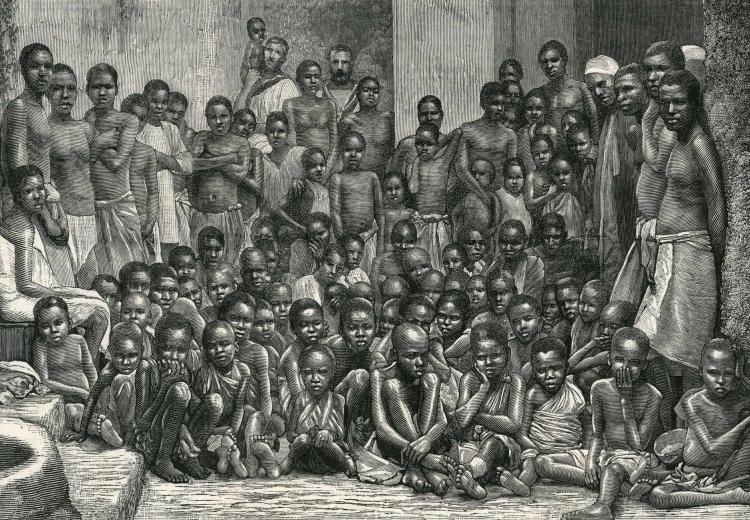
July 4th Speech Excerpts And Analysis
Douglass, in his speech, acknowledged the Founding Fathers of America who pioneered the Declaration of Independence, for their commitment to “life, liberty and the pursuit of happiness” and questions what part of the joy of Independence is relevant to the African Americans considering their plight.
“Fellow Citizens, I am not wanting in respect for the fathers of this republic. The signers of the Declaration of Independence were brave men. They were great men, too, great enough to give frame to a great age. It does not often happen to a nation to raise, at one time, such a number of truly great men. The point from which I am compelled to view them is not, certainly, the most favorable; and yet I cannot contemplate their great deeds with less than admiration.
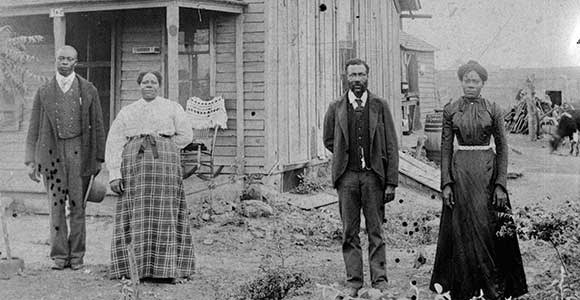
They were statesmen, patriots, and heroes, and for the good they did, and the principles they contended for, I will unite with you to honor their memory. Also, he spoke of the nation’s founders as great men for their ideals for freedom, but in doing so he unveiled the hypocrisy of their ideals with the existence of slavery on American soil. Douglass continued to interrogate the meaning of the Declaration of Independence, to enslaved African Americans experiencing grave inequality and injustice:
“…Fellow-citizens, pardon me, allow me to ask, why am I called upon to speak here to-day? What have I, or those I represent, to do with your national independence? Are the great principles of political freedom and of natural justice, embodied in that Declaration of Independence, extended to us? and am I, therefore, called upon to bring our humble offering to the national altar, and to confess the benefits and express devout gratitude for the blessings resulting from your independence to us?
“…Would to God, both for your sakes and ours, that an affirmative answer could be truthfully returned to these questions! Then would my task be light, and my burden easy and delightful. For who is there so cold, that a nation’s sympathy could not warm him? Who so obdurate and dead to the claims of gratitude, that would not thankfully acknowledge such priceless benefits? Who so stolid and selfish, that would not give his voice to swell the hallelujahs of a nation’s jubilee, when the chains of servitude had been torn from his limbs? I am not that man. In a case like that, the dumb might eloquently speak, and the ‘lame man leap as an hart.’
But such is not the state of the case. I say it with a sad sense of the disparity between us. I am not included within the pale of glorious anniversary! Your high independence only reveals the immeasurable distance between us. The blessings in which you, this day, rejoice, are not enjoyed in common. The rich inheritance of justice, liberty, prosperity and independence, bequeathed by your fathers, is shared by you, not by me. The sunlight that brought light and healing to you, has brought stripes and death to me. This Fourth July is yours, not mine. You may rejoice, I must mourn…”
According to Douglass, the African Americans had no cause to rejoice or partake in the joy of the independence, the Independence was for indigenous Americans; they had the cause to rejoice. The ideals of life, liberty, and the pursuit of happiness were not obtainable for the African Americans in the persisting situation of segregation, inequality, and oppression which was the order of the day.
The what to the slave is the 4th of July speech is known as the most poignant of all the speeches of Frederick Douglass.
Our goal at Liberty Writers Africa is to teach our history, defend our people worldwide, and awaken the sleeping ones. Help us fund our researches and hire competent editors. Click HERE To DONATE to Us.
